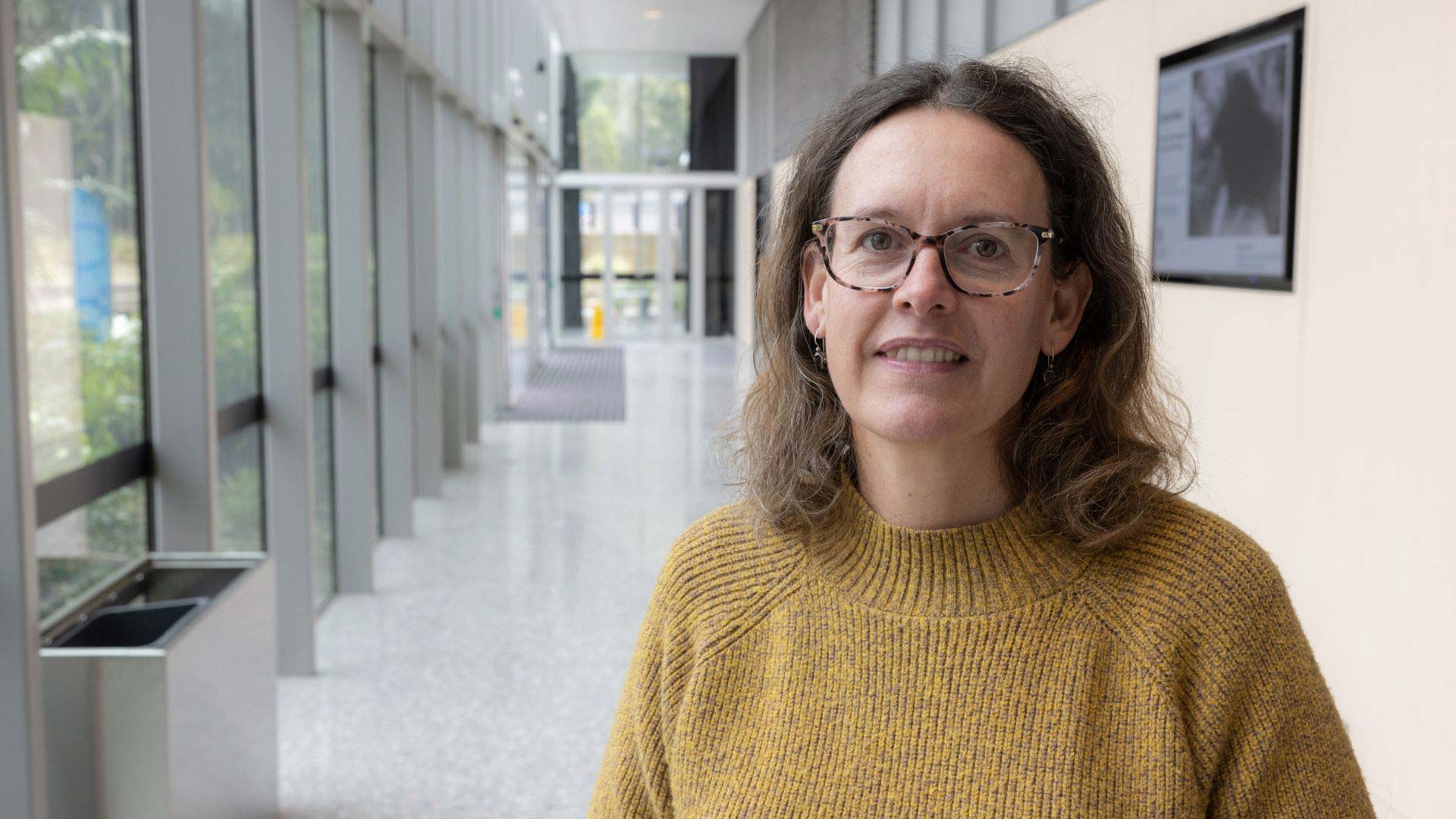July 25, 2022
New book focuses on the emerging issue of aging with HIV
Research collaboration provides unique overview of growing older with HIV in sub-Saharan Africa
HIV, the virus that causes AIDS, is one of the world’s most serious health and development challenges. Since the first cases emerged at the start of the 1980s, approximately 76 million people have become infected with HIV during the global epidemic.
Sub-Saharan Africa is the hardest hit region of the world. More than half of the world’s HIV cases, 3.7 million people, in older adults, people aged over 50, live in sub-Saharan Africa.
The emerging issue of aging with HIV in this region is the focus of a new book co-edited by University of Wollongong (UOW) public health researcher Associate Professor Catherine MacPhail, along with a diverse group of co-editors including Mark Brennan-Ing, Kristen E. Porter, Jennifer E. Kaufman and Janet Seeley.
Aging with HIV in Sub-Saharan Africa: Health and Psychosocial Perspectives (Springer Cham 2020) offers the first edited collection of research exploring growing older with HIV in a sub-Saharan African context, covering topics including epidemiology, health and functioning, and social support, as well as policy and program implications to support those growing older with HIV.
The findings presented in the book highlight that aging with HIV is a recent phenomenon in African countries, made possible by advances in the development and availability of antiretroviral treatments.
“The book is the outcome of a long-term collaboration and represents work from a range of diverse institutions and countries, including African researchers whose work is highlighted in the book,” Dr MacPhail said.
Dr MacPhail, from the School of Health and Society, has published extensively on HIV prevention, examining the health of adolescents in both South Africa and Australia. She has a particular passion for and interest in the social determinants of health, focusing specifically on the impacts of gender, poverty and education.
Dr MacPhail's latest area of research has expanded into understanding how older adults experience aging with HIV.
“Although most of my work in the HIV prevention space has been with adolescents, I feel like there are a lot of parallels with older people. We don’t think of them as sexual beings at risk of HIV. We’ve ignored them largely when it comes to HIV,” Dr MacPhail said.
“Historically, a lot of our data around HIV doesn’t actually include older people, it stops at 49 - because it is seen as a sexual and reproductive health issue within the parameters of when you are reproductively viable.”
Originally from South Africa, Dr MacPhail said a lot has changed in the 25 years since she first started working in HIV prevention. Early in the HIV epidemic, living with HIV and aging were mutually exclusive in African countries.
“At that point, HIV had no treatment, it was just a death sentence. Thinking about aging with HIV in sub-Saharan Africa in terms of ‘how can we make sure that their aging experience is positive, productive and healthy and focuses on their wellbeing’ wasn’t even something that was on our radar back then,” Dr MacPhail said.
“Although many of the chapters look at the challenges, I also hope that the undercurrent of appreciation for where we are runs through the book.”
Through the qualitative chapters, Dr MacPhail and her long-time colleagues explore the emerging issues. Much is known of the experience of older South Africans as caregivers in the HIV epidemic, but less of the social support experience of those aging with HIV, a shift in thinking moving forwarded is needed.
“We are no longer dealing only with young people, which is where our focus has really been in sub-Saharan Africa, but also with older people now. We need to consider; how do we change treatment and policy and prevention practises to accommodate older people living with and at risk of HIV,” Dr MacPhail said.
“We need to try and understand the experience of people aging with HIV, to think about it in the context of less well-resourced countries where much of the support potentially falls on family members.”
